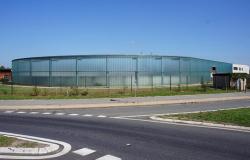The report published by Reporters Without Borders (RSF), entitled “Senegalese journalism at the crossroads”, highlights a dark period for the media in Senegal. From 2021 to 2024, more than 60 journalists were arrested, attacked or detained, while the country fell 35 places in RSF’s World Press Freedom Index, from 49th to 94th place. This alarming observation was presented in Dakar this Thursday, June 6 in the presence of Anne Bocandé, editorial director of RSF, Sadibou Marong, director of RSF’s Sub-Saharan Africa desk, Marc Aboflan, head of the Journalism Trust Initiative (JTi) in Africa sub-Saharan Africa, and Camille Montagu, research manager.
Since March 2021, Senegalese journalists have faced increased violence and political pressure. RSF has identified more than 70 obstacles to their work, ranging from physical attacks to arbitrary arrests. This period has also been marked by increased media polarization and worrying political interference, including abusive social media shutdowns and suspensions of media licenses.
Repression and censorship
“This report is a collection of facts and stories collected by RSF. It is an invitation to action to heal the scarred image of journalism in Senegal,” declared Anne Bocandé, editorial director of RSF.
Among the alarming statistics reported by RSF, at least 15 journalists were arrested or questioned on charges such as “dissemination of false news” or “usurpation of the function of journalist”. According to Sadibou Marong, “these arrests are often seen as an attempt at intimidation aimed at muzzling critical voices.”
The deprivation of access to the Internet four times over the last nine (9) months by the former authorities under the Macky Sall regime was also singled out by RSF, as was the repeated suspension of Walf TV in June 2023 and February 2024 which represents “a dangerous precedent for freedom of broadcasting in Senegal.”
30 recommendations
At the same time, RSF has documented several cases of cyber-harassment directed against journalists, often orchestrated by militant political groups. Despite four (4) complaints filed, no serious investigation has been initiated, leaving journalists vulnerable to continued attacks online.
Faced with this surge in press rights violations, RSF has made a series of 30 key recommendations to the Senegalese authorities. Among these, “the abolition of prison sentences for press offenses is essential, as is the need to protect whistleblowers and ensure media transparency. RSF also advocates increased support for the media of proximity, essential for diversity and inclusion in the Senegalese media landscape…”
For RSF, the promotion of reliable and independent journalism is crucial to guarantee an informed and democratic society. For Mr. Marong, “the media must be encouraged to adopt practices certified by initiatives such as the Journalism Trust Initiative (JTi), the Senegalese government could play an essential role in the protection and promotion of the fundamental rights of journalists. Which would offer tax deductions Currently, two Senegalese media, PressAfrik and Financial Afrik, are JTi certified.
The coming to power of President Bassirou Diomaye Faye, who promised to reform the media landscape, is seen as a glimmer of hope. The director of RSF’s Sub-Saharan Africa desk declared that “after three years of free fall, it is high time for Senegal to move forward in terms of press freedom. The arrival of President Bassirou Diomaye Faye is a opportunity to carry out fundamental reforms to guarantee the right to information in Senegal.”
RSF has already presented, on Monday June 3, its report to the Minister of Communication, Telecommunications and Digital Affairs, Alioune Sall, who affirmed “to be attentive to carry out the necessary projects”. The recommendations were presented to him. RSF therefore calls on the Senegalese authorities to take action. Anne Bocandé stressed “the need to protect journalists, guarantee media transparency and fight against disinformation. Senegal, once a model in terms of press freedom, must seize this opportunity to restore its status and strengthen the democracy in the region.”






